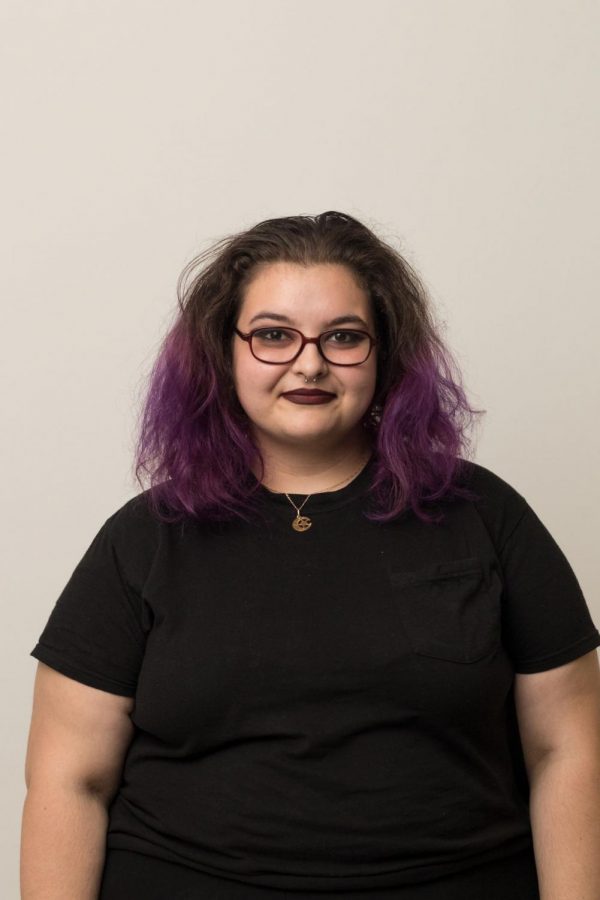Erasing mass murder: Bosnian Muslims victims of denial
December 11, 2017
More than 20 years after a war ended, victims of genocide continue to be silenced.
After judges at the International Criminal Tribunal in The Hague, Netherlands, affirmed a 2013 20-year sentence for former Bosnian Croat military general Slobodan Praljak’s role in the ethnic cleansing of Bosnian Muslims in the Balkans, he announced at his Nov. 29 appeal, “Slobodan Praljak is not a war criminal. I reject your judgment with contempt.” He then drank from a vial of poison and, hours later, died in a Dutch hospital.
I watched the dramatic courtroom video dozens of times. As the daughter of a Bosnian Muslim refugee from Sarajevo, Bosnia and Herzegovina, I was angry because my loved ones barely survived a genocide, yet some still deny such evil occurred.
The fall of Yugoslavia led to years of bloodshed when Bosnian Serb forces bent on the ethnic cleansing of Muslims in the region besieged Sarajevo in April 1992, a few months before my father’s 16th birthday, and war spread throughout former Yugoslavia. For years, my family lived without power and adequate food and under the constant threat of snipers and explosives.
In Mostar, an ethnically diverse Bosnian city, Praljak commanded Croat forces to cleanse the area of Muslims with rape, murder and the destruction of Islamic history and culture. Under his control, hundreds of Bosnian Muslims were imprisoned in a detention center where they faced horrific neglect, malnourishment and torture.
There is no doubt that Praljak committed war crimes. Yet some Balkan leaders, like Croatian Prime Minister Andrej Plenković, refuse accountability. Plenković said the judges’ verdict against Praljak was a “deep moral injustice.”
Many in the region continue spinning a narrative that paints criminals like Praljak as war heroes. Officials who saw Praljak as a villain even received death threats, according to a Nov. 30 Washington Post article.
About 1,000 Croats in Mostar attended a candlelight vigil and Mass in a local church in support of Praljak the day of his death. The surviving former prisoners from the detention center led by Praljak were forced to watch their neighbors honor the man who contributed to their suffering.
When Americans see violence abroad, it’s easy to disconnect from a reality of hate and violence. But as white supremacists rally in U.S. streets and President Donald Trump retweets vile anti-Muslim sentiments, some Americans mirror Balkan war criminals to an unsettling extent.
Nationalism and Islamophobia ran rampant in the Balkans as tensions heightened prior to the war. Like the current political climate in the U.S., nationalist, anti-Muslim groups rose to prominence and stoked conflict among ethnic groups. A leader who championed xenophobic ideals, like Serb leader Slobodan Milosević, continued to spread dangerous rhetoric until the region collapsed in the bloody war.
Like Americans who refuse to acknowledge violence against the country’s marginalized groups, leaders like Croatia’s prime minister continue to silence the war’s victims and uphold figures who epitomize the hate that fueled the war.
The ethnic cleansing in the Balkans is now an infamous example of the consequences of hate. The American public must remember more than this war. They must remember the people like my family who are victimized by such violence in the U.S. and abroad, and they must learn that such evil should never exist again.
As a child, my family taught me the slogan residents of former Yugoslavia lived by: bratstvo i jedinstvo—brotherhood and unity. I hope that motto can come to fruition, both in the Balkans and in the U.S. one day.








